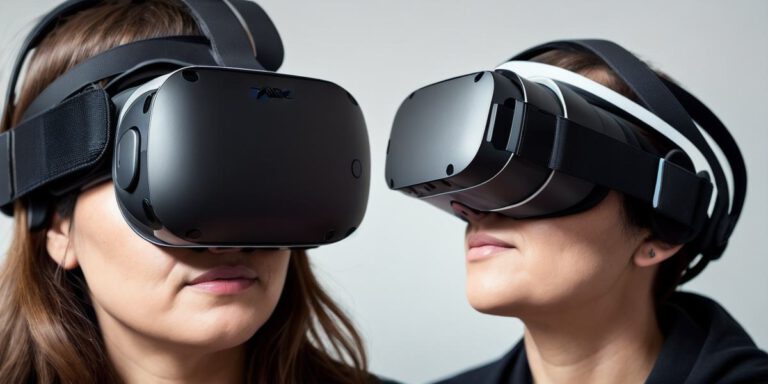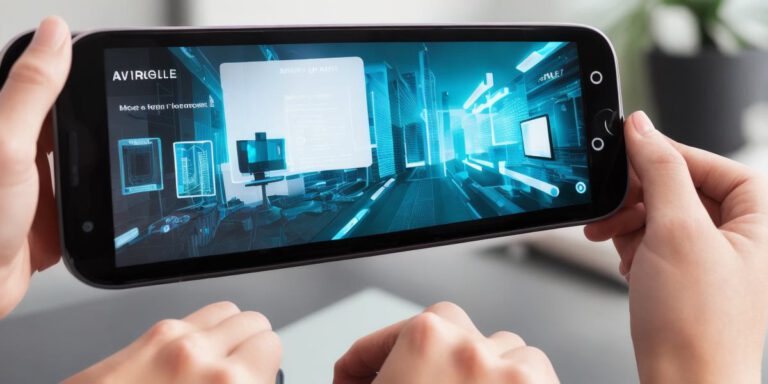Virtual Reality for Non-pharmacological Pain Management: Enhancing Well-being and Quality of Life

As a tool for pain management, virtual reality (VR) has been gaining popularity in recent years. VR technology allows individuals to immerse themselves in a simulated environment that can help to distract them from their pain and improve their overall well-being.
One study published in the Journal of Pain found that using VR technology for non-pharmacological pain management was effective in reducing chronic pain levels by 30% compared to traditional pain management methods. This is particularly important for individuals who cannot take medication due to side effects or contraindications.
Another benefit of VR technology for pain management is its ability to improve mental health. A study published in the Journal of Psychosomatic Research found that using VR technology for pain management was associated with reduced anxiety and depression levels, as well as improved sleep quality.
Case studies have also shown promising results in the use of VR technology for pain management. For example, a case study published in the journal Pain Medicine found that using VR technology for patients undergoing surgery was associated with lower postoperative pain scores and shorter hospital stays compared to patients who did not receive VR therapy.
However, it’s important to note that VR technology is not a one-size-fits-all solution. Individuals may have different preferences and responses to VR therapy, so personalization is key. Some individuals may prefer certain types of VR experiences or techniques, while others may not find them effective.
It’s also important to note that VR technology can be expensive and not everyone has access to it. However, as the technology continues to advance and become more affordable, it may become a valuable tool for pain management in the future.
Overall, virtual reality technology has shown promise as a non-pharmacological tool for pain management. While more research is needed to fully understand its potential benefits and limitations, VR therapy can help individuals improve their overall well-being and quality of life by providing an immersive and distracting environment that can help them manage their pain.
FAQs:
Q: Is VR technology expensive?
A: Yes, VR technology can be expensive, but as the technology continues to advance and become more affordable, it may become a valuable tool for pain management in the future.
Q: Can everyone benefit from VR therapy for pain management?
A: No, individuals may have different preferences and responses to VR therapy, so personalization is key. Some individuals may find VR therapy effective, while others may not.
Q: How effective is VR therapy for chronic pain?
A: A study published in the Journal of Pain found that using VR technology for non-pharmacological pain management was effective in reducing chronic pain levels by 30% compared to traditional pain management methods.








